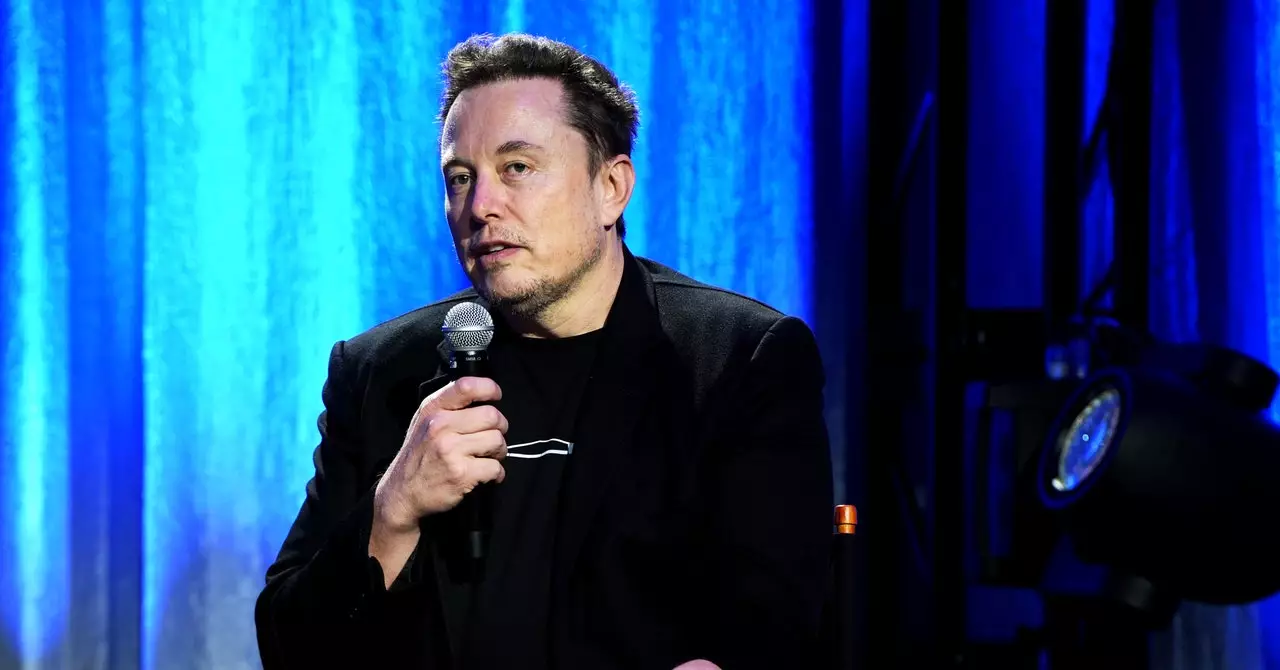Elon Musk’s takeover of Twitter, now referred to as X, has led to a significant loss for the company in Brazil. With over 40 million users reportedly affected, the decision to block X in Brazil stemmed from a conflict between Musk and the country’s Superior Electoral Court (TSE). The court, run by Supreme Court Justice Alexandre de Moraes, issued take down orders on content deemed a threat to the integrity of the country’s elections. Despite these orders, Musk and X refused to comply, allowing accounts accused of spreading hate speech and disinformation to remain on the platform, ultimately resulting in the ban.
The repercussions of the ban extended beyond X, as the court froze the assets of Musk’s other company, Starlink, citing its connection to X through ownership. This move was seen as a tactic to potentially utilize Starlink’s assets to pay off fines owed by X. When the ban came into effect, Starlink provided a way for its customers, numbering over 250,000, to bypass the X ban using its satellite internet connection. Initially resistant, Starlink eventually conceded and agreed to comply with the orders. Experts reviewing the situation suggest that Musk may have overplayed his hand in this conflict, as the Brazilian institutions and citizens are not easily swayed by his online bravado.
In response to the ban, an X spokesperson pointed users to a statement from the platform’s Global Affairs team, emphasizing their commitment to protecting freedom of speech. Meanwhile, Elon Musk continued to provoke the court with inflammatory posts and images targeting Justice Alexandre de Moraes. Musk’s behavior has been viewed as intentional and knowingly provocative, with activists and researchers in Brazil pointing out the escalation of his actions since April.
The situation in Brazil highlights the challenges faced by Twitter after Musk’s takeover in 2022. With Brazil’s presidential runoffs looming, Musk’s promises of rolling back content moderation policies to uphold a form of “free speech absolutism” put the platform in a precarious position. The existing spread of hate speech and misinformation on the platform further fueled concerns about the integrity of Brazil’s elections, particularly as then-President Jair Bolsonaro and his supporters allegedly engaged in spreading disinformation to undermine the election results.
The conflict between Elon Musk, X, and Brazil sheds light on the complexities of managing social media platforms in a politically charged environment. Musk’s confrontational approach and disregard for local regulations have not only led to a significant loss of users for Twitter but have also raised questions about the responsibilities of tech giants in upholding democratic values and protecting freedom of speech. Moving forward, it remains to be seen how this clash will impact Twitter’s operations and the broader implications for online discourse and governance.

